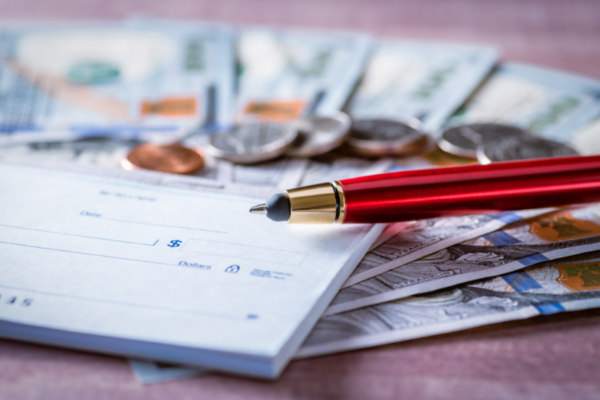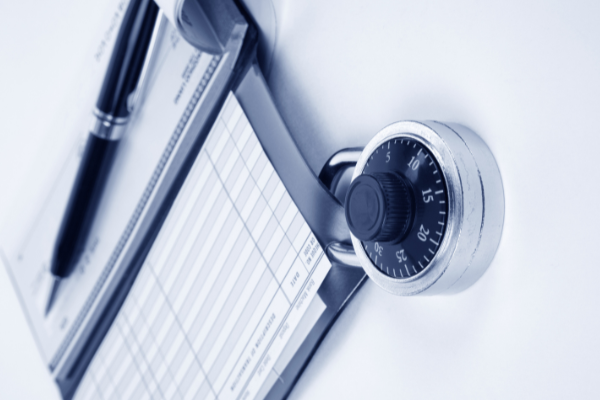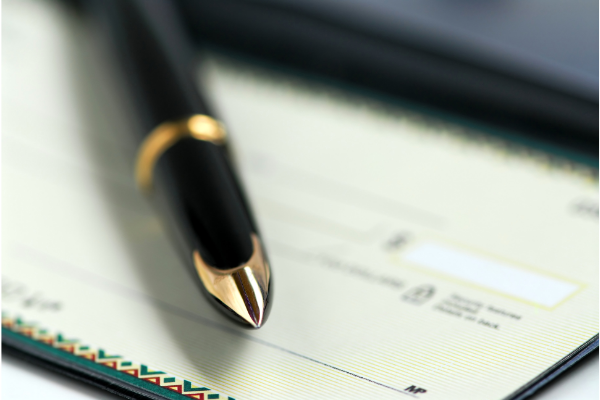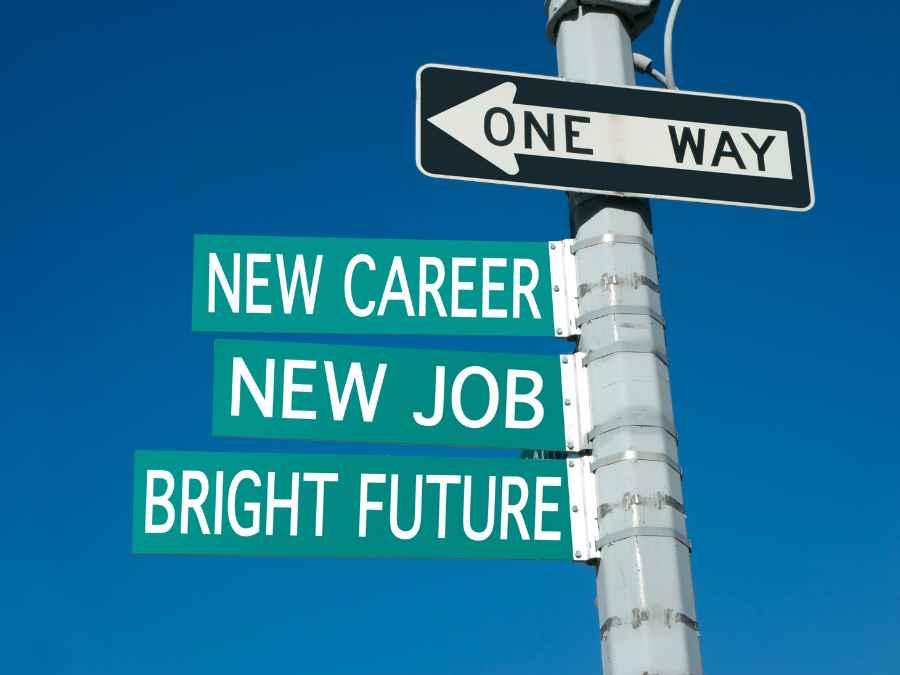While many predicted doom for checkbooks by 2020, it seems they were wrong. The Federal Reserve Payments Study done in 2016 showed a much slower decline in the use of checks than had been anticipated, with check payments in the late 2000s undergoing a slower decline than was the case in the early 2000s.
There are many factors that come into play for this, and one of them is the fact that checks can now be effectively processed electronically. Since it is a millennial trait to embrace technology and all it has to offer (including payment methods) this may have had a significant role to play in the survival of checks.
Why You Need to Have a Checkbook?
Following are five more reasons why the check book is still going strong despite the rise of mobile phone applications, and why you should consider keeping one.

Utility Outages Don’t Affect Your Ability to Pay with a Check
When phone or power systems go out, all other methods of making payment go with them except for cash and checks. Having a paper check can be the difference between you completing an important purchase or failing to do so.
Checks can be Traced
With paper checks, there is a traceable paper trail unlike with cash, money orders, cashier checks, and automatic bill-pay systems. If you mail a paper check, you can add a tracking method to make it more secure and it enables you to document the date you mailed it out. Once the check clears, your bank will avail a copy of the canceled check to you and this can be important for easy resolution of any disputes.
Some Businesses Prefer Checks
Some businesses like insurance agencies, tradespeople, government offices, and organizations like churches and community groups don’t accept credit or debit cards. You may also encounter retail business owners and landlords who prefer checks and it will make it easier to do business with them when you have your check book on hand.

There are no Extra Fees or Minimum Purchase Amounts with Paper Checks
The third-party payment processors that enable businesses to accept credit or debit card payments charge a fee for each use of these payment methods. In contrast, there is no cost for using a check, either to you or the person or business you are making a payment to. Because of this, some businesses may also have a minimum amount for credit card purchases. This makes it potentially costlier to you if you have to buy things you don’t need just to meet the minimum amount. Additionally, some businesses will pass on the savings to you if you use a check instead of a card because they won’t need to pay the processing fees.
Checks are Convenient for a Variety of Needs
Checks have a novelty that’s hard to replicate; it would not feel as exciting to ‘Venmo’ someone a birthday or wedding gift, as giving them an envelope with a check in it would, for instance. A check is also a better gift to give than a gift card which may be restricted to a merchant. It’s also easier to deal with checks for homeownership, school expenses for your children, and services like maintaining the lawn. Checks feel a lot more personal and secure than using apps or cash, a valuable consideration for most adults.

Precautions You Can Take When Using Checks
With paper checks, as with everything else, it is important to take precautions to make sure your money and identity are both safe. This is easy to do when you follow these tips:
- Keep your checkbook safe while at home even if you need it handy. A locked drawer in your desk is a great place to consider as it won’t be easily accessible to everyone around the house. Also carry it around in a secure bag much as you would do your cash or phone.
- Always mail your checks securely when you need to do so. A good practice is placing the sealed envelope containing your check in a postal service mailbox, or even better, taking it directly to the post office.
- Record each check you write in a checkbook register if your check printers don’t provide duplicate check pads, so you have a duplicate copy of each check you write.
- Don’t include more information than you need to in your check unless the person you are paying directly asks for it. This includes your driver’s license number and phone numbers.
- Finally, never write a check if you don’t have enough funds in your account. Besides being illegal in many states, you will also be due for a bounced check fee.
Paper checks are still important whichever way you look at it, and as long as you take the necessary precautions while using them, you are bound to get a more convenient experience when paying with a check. Adulthood comes with a lot of added expenses and with your checkbook at hand, you can stay on top of them easily and respectably.






